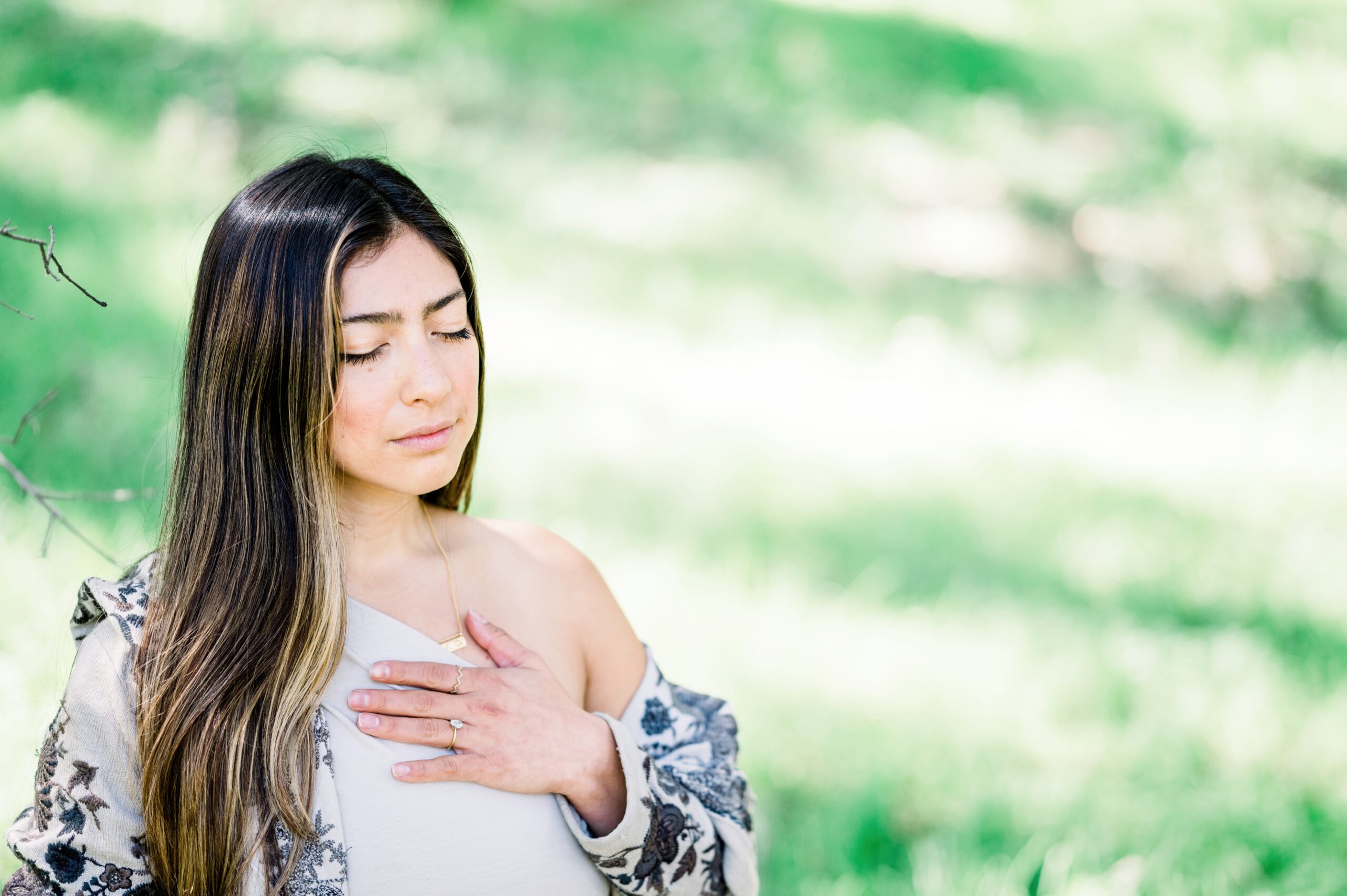The stress of daily life keeps many of us trapped in the fight-or-flight loop, functioning from a place of survival in our psyche. This not only forms neurological patterns but also sends stress hormones throughout the body—making it feel nearly impossible to experience the benefits of meditation, let alone achieve a quiet mind.
We’ve been conditioned to expect quick fixes, forgetting that our current mental states have been formed over a lifetime. Developing a consistent meditation practice takes time. Yet this very practice is one of the most transformative medicines available to us—spiritually, emotionally, mentally, and physically.
Why you need to Meditate
Meditation can support almost every human condition. It’s not about perfection or “emptying the mind”—it’s about returning to yourself. Let’s explore how you can release frustration, make sense of meditation, and truly allow it to support your well-being in everyday life.
Please know that while I’m not a certified meditation coach, I’ve practiced for years and received Spirit-guided insights that I believe will support you on your journey. One thing has become abundantly clear: Meditation is medicine
And just like any other form of spiritual medicine—music, yoga, sacred rituals, or stillness—when you meditate it is meant to align you with Universal wisdom. Misused, it can create resistance. Used consciously, it becomes a gateway to healing, peace, and Divine connection.
Debunking the Meditation Myth
Let go of the image of needing a special cushion, a Himalayan flute soundtrack, and a flawless lotus pose. While beautiful, that’s not the only way to meditate.
You can meditate:
- While washing dishes and mindfully considering your child’s needs.
- While driving in silence, visualizing your next breakthrough.
- During a morning coffee pause, staring peacefully at the wall.
These are real, grounded examples of everyday intuitive meditation—where you allow thoughts to flow without force, tuning into the gentle wisdom of your Higher Self and your Divine Guides.
Meditation Is More Than Silence—It’s a Spiritual Dialogue
The key is not to force silence in your mind, but to release the emotional charge behind your thoughts. Meditation becomes powerful when you let emotions rise, acknowledge them, and let them go—creating space for Spirit to enter and offer clarity.
So if your to-do list pops up mid-meditation and anxiety flares, honor it. Write it down, bless it, and come back to your breath or stillness. This practice, over time, shifts your entire energetic field.
And if something repeatedly interrupts your meditation? That might be a message from your guides. Explore it with curiosity and self-love.
Learning to Focus Through Meditation
If you’re just beginning your meditation practice, you may feel scattered or unfocused. That’s okay. Here are ways to ease into the experience:
- Solo drives in silence: No music, no podcasts—just you and your inner world.
- Mindful errands or quiet restaurant visits: Let the noise fall away and listen inward.
- Silent chores: Folding laundry or sweeping without background noise allows your spirit to speak.
- Guided meditations: Start with one per day, then gradually move toward music-only or silent practices.
Over time, you’ll notice your mind becoming quieter and your connection to your intuition growing stronger.
Meditation Tools to Try
- Guided Meditations: These can help you override mental chatter and increase visualization power. Use them to ease into your practice, but remember that true silence is where deeper transformation happens.
- Journaling as Meditation: Write freely about a question, emotion, or insight. Let it flow. This emotional release opens space for clarity and connection to your Higher Self.
- Music Meditation: Explore the emotional and spiritual effects of songs. What feelings arise? What memories surface? How does your body respond?

Honor Your Spiritual Quirks
Meditation doesn’t have to look like anyone else’s practice. Whether it’s journaling, visualizing, walking in nature, or early morning stillness, your way is the right way. The more you honor your emotional landscape and spiritual rhythms, the more powerful your meditation practice will become.
Final Reflection
Meditation isn’t about escaping life—it’s about learning to meet yourself fully in it. Whether you’re beginning with a guided meditation, finding presence while folding laundry, or receiving downloads on a quiet car ride, your version of meditation is valid, sacred, and enough.
Let this be a reminder…
Meditation isn’t something you have to master, it’s something to remember

Be the first to comment